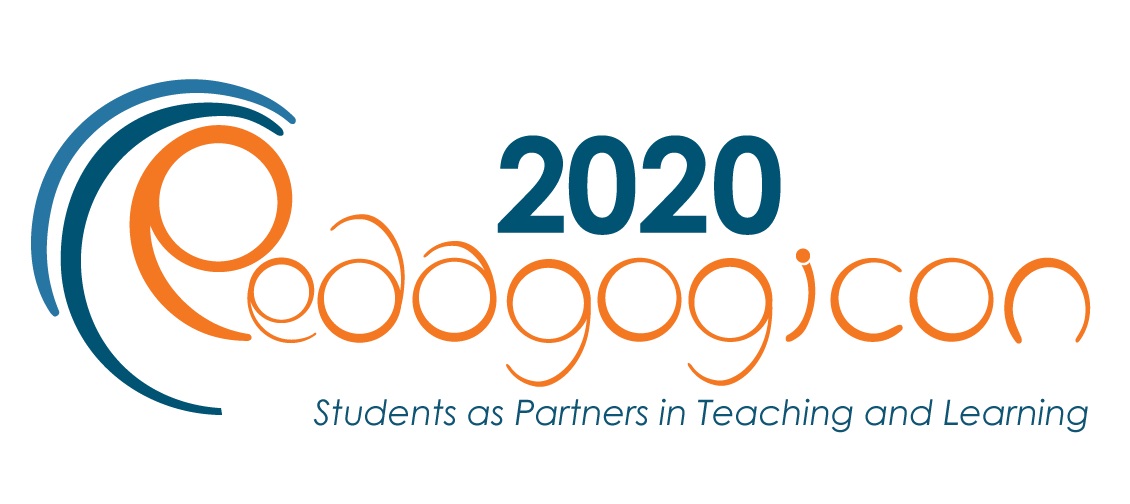Publication Date
2021
Abstract
While instructors often have the benefit of years of experience, students, as novice learners, have a more “sparse and superficial” content knowledge that does not allow them to organize their thoughts as well. Yet, this organization is important for recall. One way of encouraging concept organization is through mind-mapping, a strategy that improves retention by allowing students to graphically depict their knowledge. The purpose of this investigation is to examine the effectiveness of a series of mind-mapping activities on a group of students who completed these exercises during the Spring 2020 semester.
Creative Commons License

This work is licensed under a Creative Commons Attribution 4.0 License.
Using Mind Mapping Activities to Promote Transparency and Engagement
While instructors often have the benefit of years of experience, students, as novice learners, have a more “sparse and superficial” content knowledge that does not allow them to organize their thoughts as well. Yet, this organization is important for recall. One way of encouraging concept organization is through mind-mapping, a strategy that improves retention by allowing students to graphically depict their knowledge. The purpose of this investigation is to examine the effectiveness of a series of mind-mapping activities on a group of students who completed these exercises during the Spring 2020 semester.


